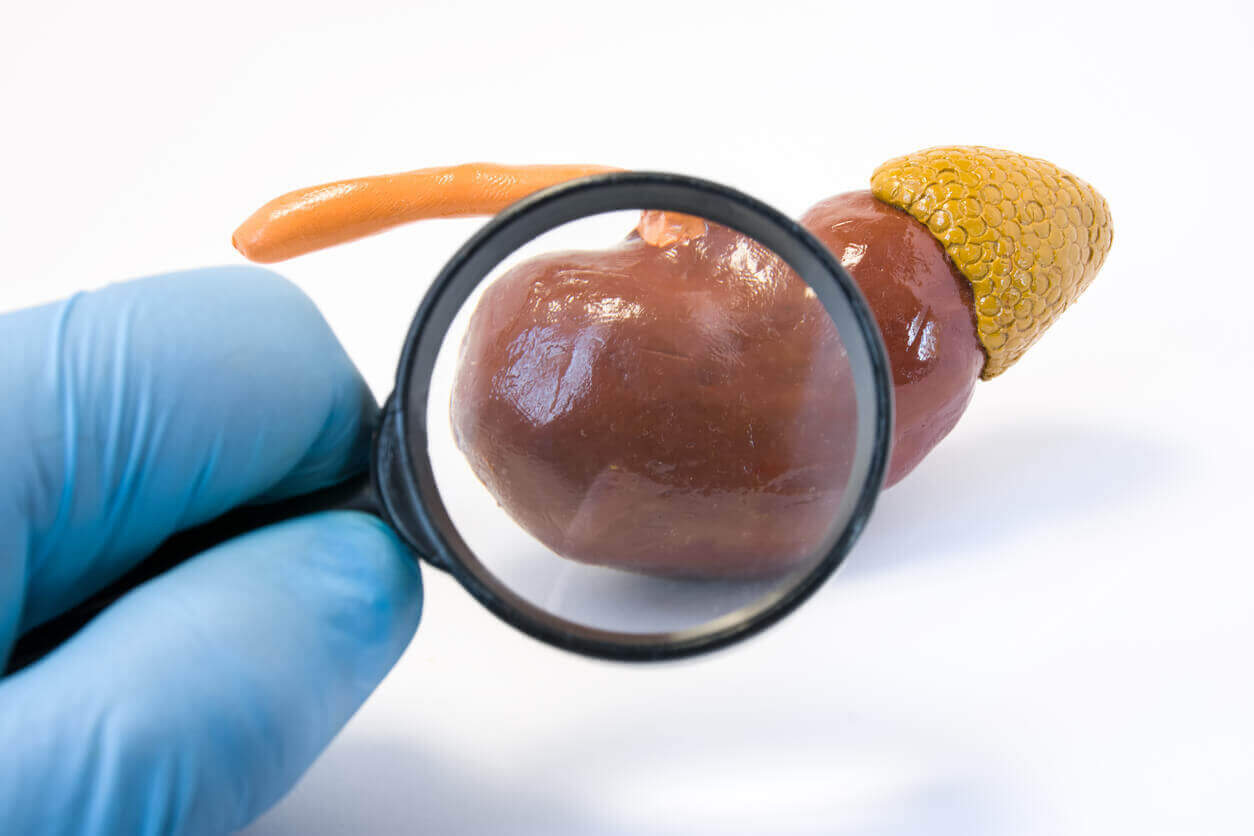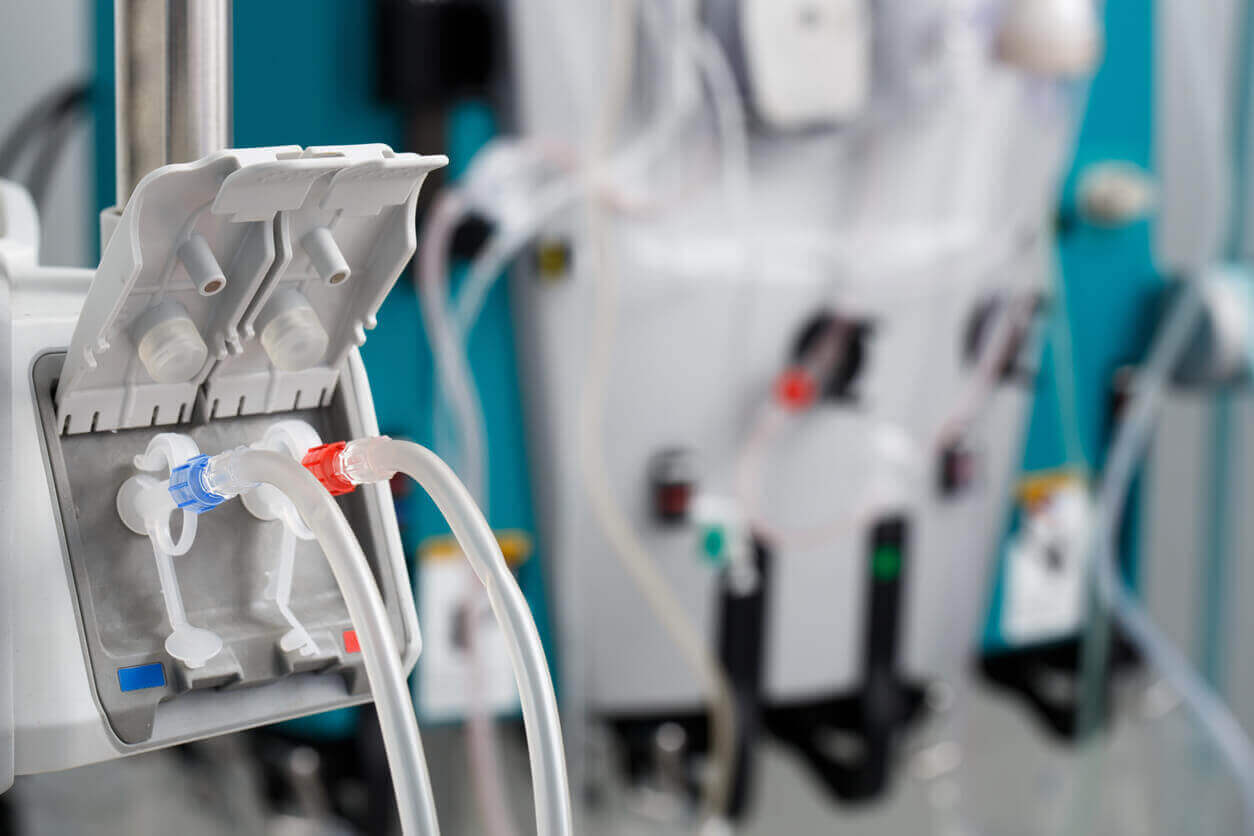When your normal, natural kidneys are functioning at their most efficient rate, they are responsible for the filtering of your body's blood, and removal of liquid waste in the form of urine. Most people are born with two kidneys; however, daily functions are possible with only one kidney. When kidney failure occurs, the efficiency of one or both kidneys begins to fail, and a medical solution is required to regain your body's homeostasis. There are a few options for solutions. The first is a kidney transplant, which involves finding a donor that matches with your specific body chemistry. Another option is known as hemodialysis, or an artificial kidney treatment. Continue reading for more information on what artificial kidneys are, and how they work with an in-depth account from Dr. Gura. Contact Dr. Gura's office today to schedule your first consultation appointment with a top kidney specialist in Los Angeles!
What is an Artificial Kidney and How Does it Work?
When you begin to require an artificial kidney and hemodialysis, either one or both of your kidneys have failed, and a medical machine is required to help perform the functions of your kidneys until a more permanent solution can be applied. Patients are diagnosed with kidney failure when a combination of symptoms occurs. These symptoms include vomiting, increased fatigue, nausea and high levels of toxicity in your blood. Testing for kidney failure can be done through blood tests, urine tests and even forms of imaging tests. Your doctor will be able to determine if you should be tested for kidney failure, and when you should be put on a dialysis treatment. Find a premiere kidney doctor who can help you through your dialysis treatment when you contact Dr. Gura's office and schedule a checkup appointment now!
To effectively replace the function of your kidney, hemodialysis works to filter your blood out of your body and into an external machine, then returns the filtered blood back into your body. The process of filtering your blood is known as hemodialysis, and the machine through which your blood is filtered is called the artificial kidney. Hemodialysis is usually performed in a hospital when patients are in more desperate need for a complete kidney transplant, but most patients are able to have consistent dialysis treatments performed at a specialized office or center. Few patients are even able to complete dialysis at home, though this capability depends on the patient's ability to maintain the dialysis treatment schedule and can effectively perform the medical treatment. Ultimately, you and your doctor will decide about where your dialysis treatment can be performed together. Your doctor will consider the severity of your kidney failure and your ability to manage the treatment schedule on your own when choosing the right course of treatment for you.
New advancements in dialysis treatment and kidney health are made consistently to try and prevent kidney damage from severely destabilizing patients. One of the latest techniques to develop is called a wearable artificial kidney. The wearable artificial kidney is another form of dialysis treatment, but instead of patients having to filter their blood through a stationary device, they can enjoy daily activities with less attention on their treatment! A wearable artificial kidney can be fitted to each individual patient to ensure that comfort level is optimal, and the device can be utilized on a constant basis. This innovation allows dialysis patients to regain a sense of freedom. Instead of being obligated to attend anywhere between 3 and 5 dialysis treatments per week, patients can regain a normal daily schedule and still be getting treated! Schedule your first consultation appointment with Dr. Guru for quality care from certified kidney specialist in Los Angeles!






